Modern slavery victims 'hidden in plain sight', councils warn
- Published

Householders could "unwittingly" be hiring victims of modern slavery to wash their cars, paint their nails or lay their drives, councils are warning.
Local councils in England and Wales say they are reporting increasing numbers of potential victims of modern slavery.
They flagged 1,322 cases to authorities from July to September 2017, a near 50% increase on the previous year.
Simon Blackburn, of the Local Government Association, said many victims were hidden in "plain sight".
"Being forced into domestic servitude, being trafficked for work, or subject to exploitation is a horrendous fate, and one most of us can't even imagine - but the sad truth is that there is a good chance that modern slavery is taking place in the towns, cities and villages where we live," he said.
He said householders were "unaware of the hell" victims were living through when they unknowingly hired them to carry out tasks.
More than 1,300 cases were last summer to the National Referral Mechanism, which identifies and supports victims, compared with 901 between July and September 2016.
Cases can be referred by local authorities, the police, charities and social workers.
Government figures estimate there are between 10,000 and 13,000 potential modern slavery victims in the UK - but anti-slavery commissioner Kevin Hyland has described the figure as "far too modest".
Mr Hyland said "the role that the public and local council staff can play in identifying and disrupting modern slavery crimes should not be underestimated."
Business leaders are due to discuss modern slavery with ministers later, including how to help survivors find paid and supportive work.

Spot the signs of modern slavery
Appearing scared, avoiding eye contact, or being untrusting
The person may look unkempt or show signs of injury
Living in cramped, dirty and overcrowded accommodation
Lacking appropriate clothing or safety equipment for the work they are doing
Have no access to identification, like a passport or driving licence
The person may be collected very early, or returned late at night, on a regular basis
Source: Crimestoppers UK

Some victims have spoken out about their experiences of modern slavery, including a man who was forced to work unpaid on a farm near Newport, Wales, for 13 years.
Darrell Simester was picked up from the side of a dual carriageway whilst hitchhiking in 2000 and eventually found by his family following a social media campaign.
His trafficker, David Daniel Doran, was jailed for four-and-a-half years after pleading guilty to forcing Mr Simester to perform forced or compulsory labour.
Darrell Simester describes being away from his family and appalling conditions he was kept in
- Published15 January 2018
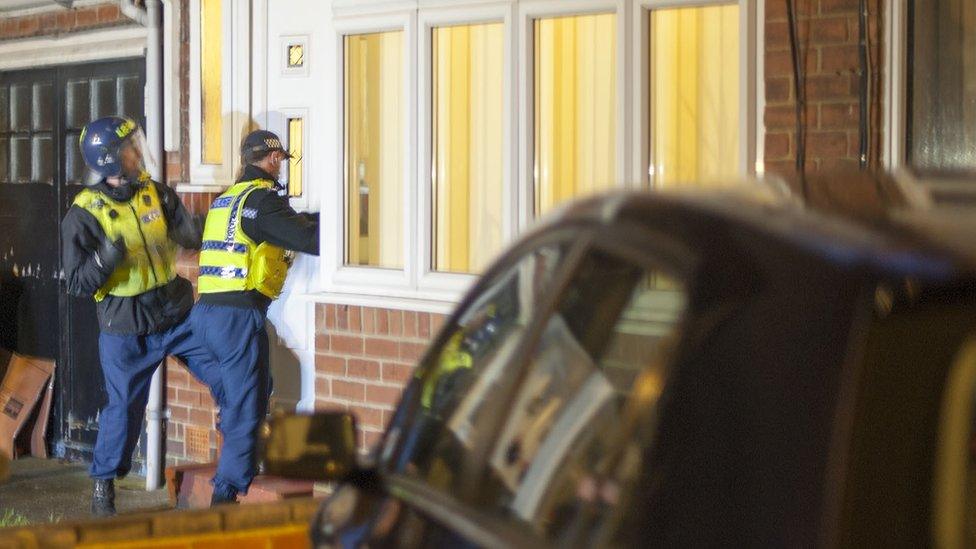
- Published29 January 2016
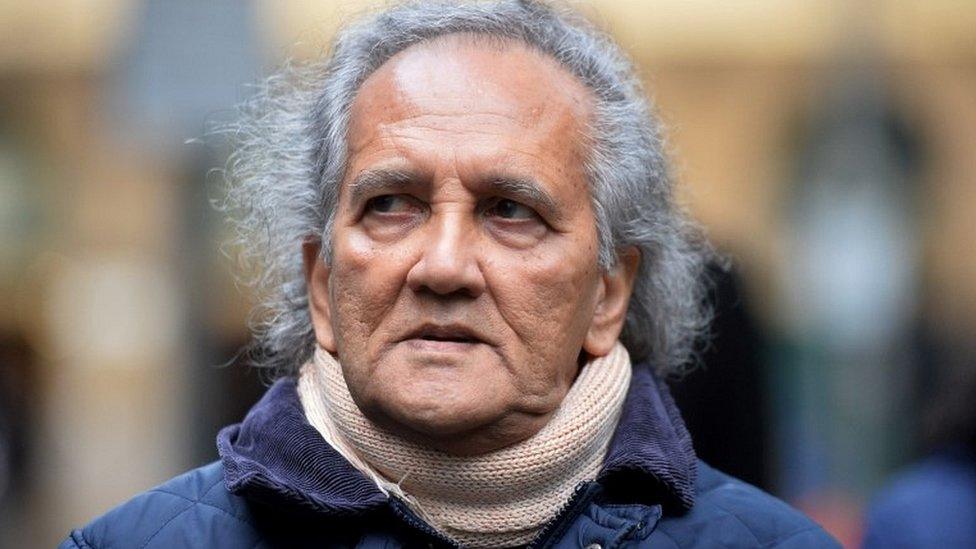
- Published11 January 2018
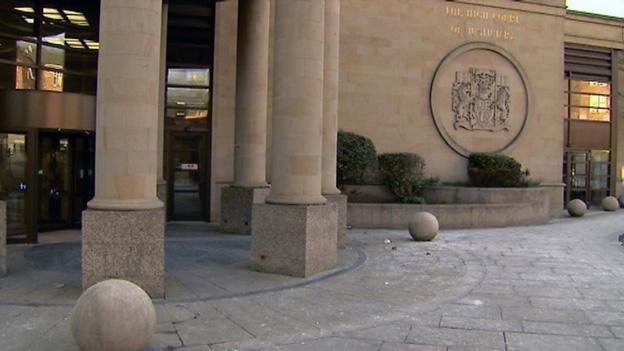
- Published19 December 2017
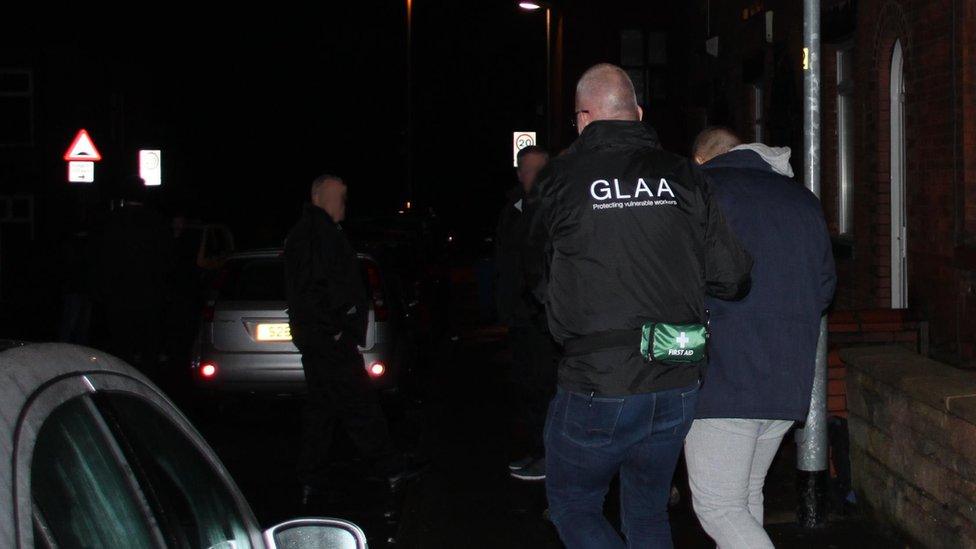
- Published24 October 2017
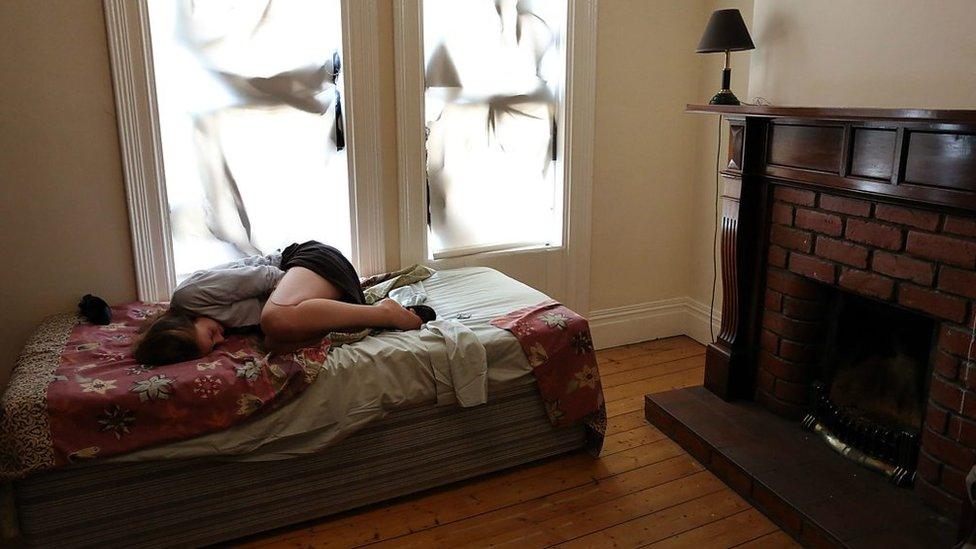
- Published10 August 2017
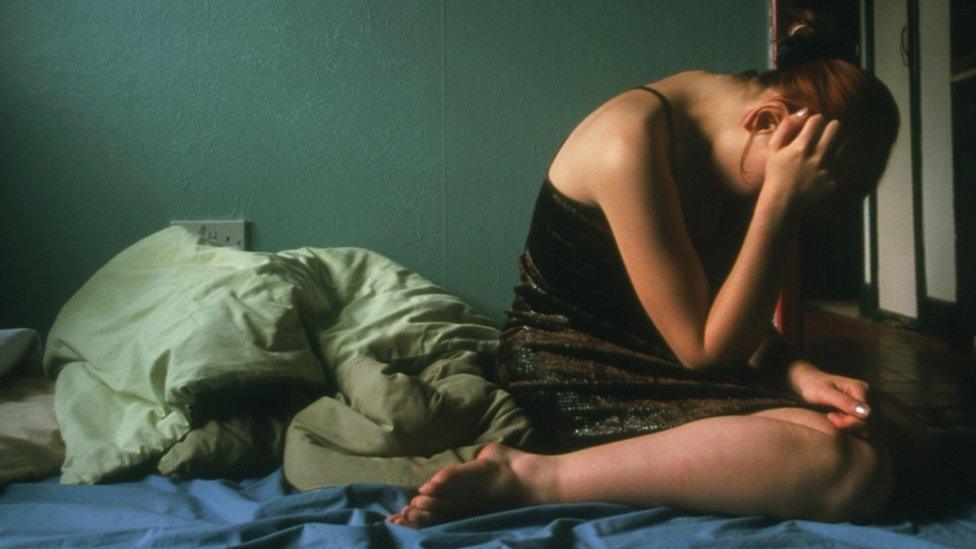
- Published16 January 2018
